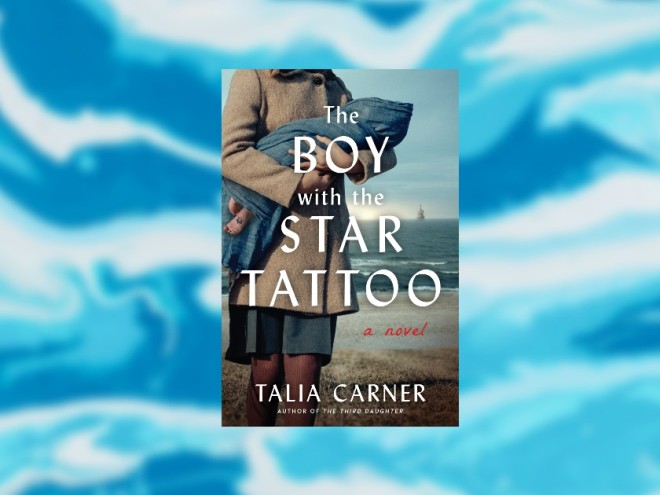It is 1993, and American businesswoman Brooke Fielding is at a crossroads in her career when she accepts an invitation to travel to Russia. Her mission is to teach entrepreneurial skills to Russian businesswomen as they adjust to their new post-Communist society. But when Brooke arrives in Russia — the former homeland of her mother, a Jewish Holocaust survivor — she gets much more than she bargained for.
Brooke is in many ways naive: “She was an American, a child of the land of freedom. While the Holocaust had been fed into her with every spoonful of rich food she was forced to swallow, forever owing to her parents’ years of starvation, her psyche was detached from her parents’ haunted past.” While Brooke had always tried to separate from her parents’ history, she now realizes the past is not far behind her.
In Russia, Brooke finds that decades of Communist rule have been replaced by mob rule. It is a vicious, violent culture and women are especially vulnerable. Brooke is completely unprepared; she wants to flee Russia, to leave the women she came to help. But thoughts of the righteous figures and civilians during the Holocaust keep her from doing so, and Brooke must finally accept that her parents’ pain is an undeniable part of her. Brooke also finds that amidst all the corruption and violence, somehow the roots of anti-Semitism still hold strong, even among those she is risking her life to help. As her mission in Russia becomes more and more dangerous, Brooke is forced to reckon with secrets from her own past that she believed she had put to rest long ago.
Talia Carner brings the plight of the Russian women to life with visceral, disturbing detail, a portrait of suffering that is unflinching and unforgettable. Hotel Moscow captures a specific moment in history, but is timeless in its examination of what happens when “freedom” is bestowed upon a country that is unprepared for it. With her heroine, Brooke, Carner explores the emotional legacy of the Holocaust, and both stories intertwine to show that the past can be neither denied nor forgotten. It is an ambitious story that tackles political, emotional, and sociological issues — some more deftly than others. As a whole, Brooke’s journey toward accepting her cultural legacy and her own personal mistakes is a deeply satisfying read.




